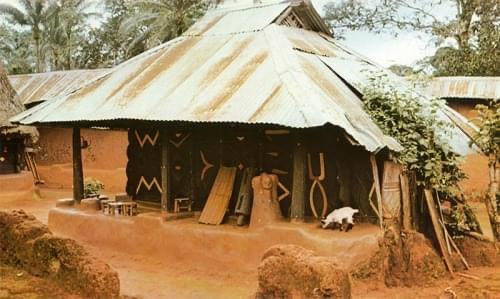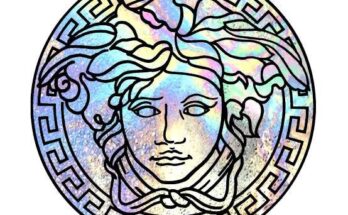Obi or Obu which is also called Patio is located in a central position within a familial compound, and its spatial organization includes, dedicated shrines or spiritual installments, florals, or barns., other spiritual installments include; dedicated Ndi-Ichie or Umuada alter, dedicated Chi alter, and dedicated lineage or ancestral Ofo.
In Igbo culture, Obi is revered and naturally left in the care of the eldest son, as his father’s earthly representative.
The Obi or Obu is usually situated in a central position within the familial compound and is solely owned by the family’s patriarch as the Igbo culture entails, and serves as an informal gathering place for humans and spirits alike.
Obi is often built with open walls to allow maximum airflow, and with thick thatch roofing, to provide cool shade from the hot sun, this architectural design humidifies the Obi, making it a viable place of rest and meeting for Umunna and Umuada.
The ownership of Obi aside from the linage Obi, signifies a man’s independence, as every young Igbo man desires to work hard and accumulate enough wealth to go out and establish his own compound and build his own Obi, this piece of land is referred to as Ani Obi.
Possession of the obi is often passed down from a father to his diọkpara (first son), whose duty is to see that his father’s obi is always kept clean and within the possession of his family.
He also uses the Obi to enshrine the essence of his ancestor “Okposi Ndi-Ichie”, he consults and pours libation to the spirit of their ancestors within this Obi, hence why we link the Obi to a spiritual home and perform monthly or yearly rites to preserve its sacredness.
Obi has its spiritual significance and function within a family-We cannot compress the explanation of Obi in one single post, so for a full read, please continue reading on our blog-The link is on our bio-www.igboshrine.com
Obi in Igbo Spirituality and Culture—Odinaala Igbo




